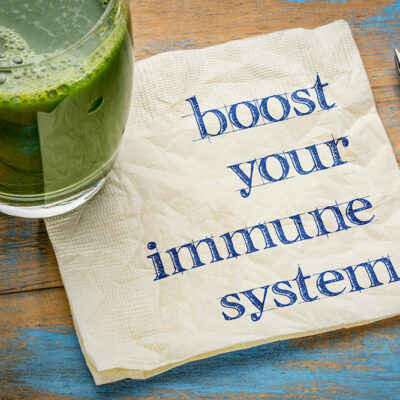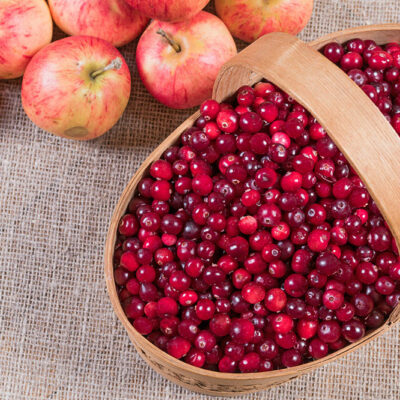
health
20 natural ways to delay periods
Menstruation can be a regular and sometimes inconvenient part of life. There may be special occasions like an upcoming vacation or an athletic competition where one might not want to deal with the discomfort of a period and would like to choose a natural method to delay a period. It’s important to note that these methods may not be foolproof and should be discussed with a healthcare provider, as individual responses can vary. Vitamin C Increasing the intake of vitamin C can interfere with the production of progesterone, a hormone that prepares the body for menstruation. Consuming citrus fruits or juices may help delay one’s period. Parsley Parsley is thought to have mild emmenagogue properties. Drinking parsley tea may help delay one’s periods, although its effectiveness varies from person to person. Ginger Ginger has anti-inflammatory properties that could potentially delay menstruation. One can consume ginger tea or add fresh ginger to one’s meals. Chamomile Tea Chamomile tea is known for its calming effects and may help regulate hormones associated with menstrual cycle. Drinking chamomile tea regularly could regulate one’s period. Turmeric Turmeric contains curcumin, which may affect hormone levels. It also anti-inflammatory properties that may also influence a menstrual cycle.
Read More 








